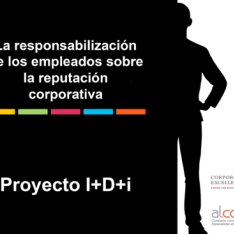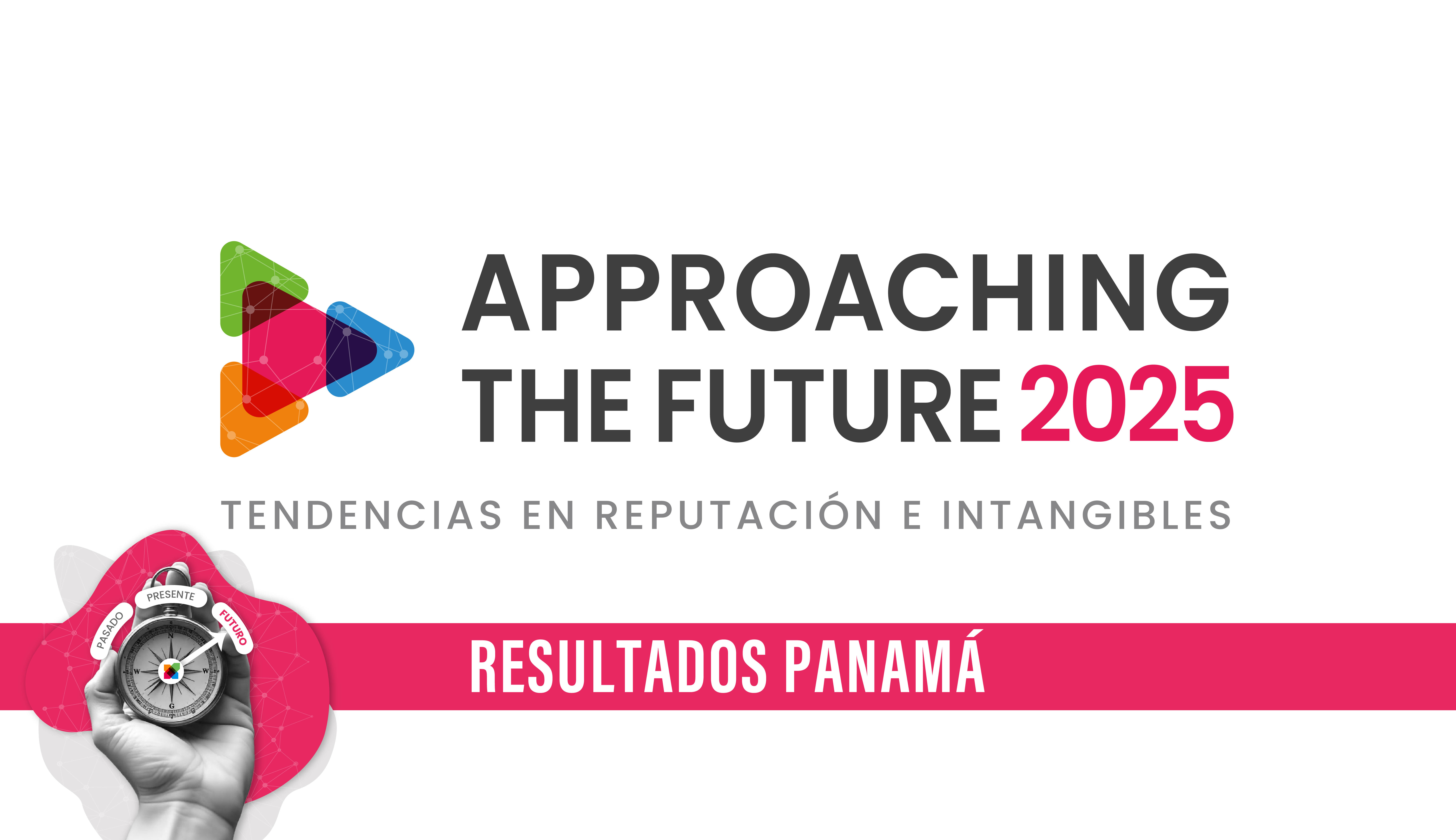Loading...
5
results

News
7 november, 2016Corporate Excellence presents the last book of its library: The Reputation Risk Handbook


activity
July 2025Página
of 1


